As BroadwayWorld reported yesterday, stage and screen star, Patricia Morison died at the age of 103 at home in Los Angeles of natural causes. A stage icon and legend best known for her starring roles in Cole Porter's Kiss Me Kate and The King & I opposite Yul Brynner, she established an indelible mark in films with a reputation as a the villainous femme fatale with large blue eyes and extremely long, dark hair that made her a favorite of studios and fans alike.
She was the daughter of playwright and actor, William Morison (aka Norman Rainey) and Selena Fraser, a British Intelligence agent during World War I. After graduating from High School in New York, Morison declined a scholarship to study painting in Paris and later studied at the Arts Students League while taking acting classes at
The Neighborhood Playhouse and studied dance under the world famous
Martha Graham. She made her stage debut at the
Provincetown Playhouse in the musical revue Don't Mind the Rain, followed by her Broadway debut in November 1933 in Growing Pains. She often shared the story about how she was fired during the rehearsals of the show, but "I cried so much, they gave me a walk on." Although she never appeared on stage in the production, Patricia said she learned a lot as the stand-by for the legendary
Helen Hayes in the lead role of Victoria Regina.
While appearing in The Two Bouquets in 1938, opposite
Alfred Drake (who would later star opposite Morison in the Broadway hit Kiss Me, Kate.), Morison was noticed by talent scouts from
Paramount Pictures, who were looking to recreate their success in
Dorothy Lamour. Despite advise from her co-star,
Alfred Drake, who warned her not to go to Californian, stating "They won't know what to do with you," Morison signed to a contract and made her feature film debut in the film Persons in Hiding (1939). The following year she appeared opposite
Ray Milland in the Technicolor romance Untamed. After that success, she was cast in pictures such as Rangers of Fortune (1940) and One Night in Lisbon (1941), both with
Fred MacMurray, and The Round Up (1941) with
Richard Dix and
Preston Foster. On a loan-out to 20th Century-Fox she made what would be her first in many villainous roles in Romance of the Rio Grande (1941), opposite
Cesar Romero as the Cisco Kid. She continued her Paramount contract in films such as Night in New Orleans, Beyond the Blue Horizon, and Are Husbands Necessary? (all in 1942).
By 1942, the United States had become involved in World War II and, as a result, Morison became one of many celebrities who entertained American troops and their allies. In November of that year she joined
Al Jolson, Merle Oberon,
Allen Jenkins, and
Frank McHugh on a USO Tour in Great Britain, returning to cinema as a freelance performer. One of her most celebrated roles was that of Empress Eugénie in The Song of Bernadette starring
Jennifer Jones, the same year that she appeared in Hitler's Madman and The Fallen Sparrow (1943) with
John Garfield and
Maureen O'Hara, followed by cult favorite, Calling Dr. Death, and one of the "Inner Sanctum" films, starring
Lon Chaney Jr. Morison continued to be cast in supporting roles, including the
Spencer Tracy-
Katharine Hepburn's Without Love, and Lady on a Train (1945) with Deanna Durbin.
Cementing her fame as formidable and villainous roles in Universal's Sherlock Holmes and MGM's The Thin Man series - respectively, before creating her defining roles in Dressed to Kill (1946) and Song of the Thin Man (1947). She continued to portray the female antagonist opposite Johnny Weissmuller as
Edgar Rice Burroughs' title character in Tarzan and the Huntress (1947).
That same year. she made a few noted film appearances as Maid Marian opposite
Jon Hall's Robin Hood in the celebrated Cine color production The Prince of Thieves , in the action film Queen of the Amazons (1947) and played the role of
Victor Mature's despairing, suicide-driven wife in Kiss of Death (1947), a controversial role that was cut from the final print, over censorship concerns and the producers' reputed belief that audiences at that time were not ready for a scene depicting suicide.
Finally, having become frustrated with the roles the studios were offering her and just before returning to her origins on the Great White Way, she appeared with
Richard Arlen in the western The Return of Wildfire and starred in the espionage story, Sofia (both in 1948), returning to the screen in the 1960
Franz Liszt biopic, Song Without End.
In 1948, Morison returned to the stage, and achieved her greatest success when
Cole Porter, having heard her sing while in Hollywood, decided that she had the vocal expertise and fierce presence to play the female lead in his new show, Kiss Me, Kate. Now, a bonafide Broadway star, in the role she created as the imperious diva, Lilli Vanessi. In Kiss Me, Kate Morison immortalized such songs as "I Hate Men," "Wunderbar", and "So in Love", while reuniting with her former Broadway co-star
Alfred Drake. The play ran on Broadway for a record breaking total of 1,077 performances, before Morison took it to London for another 400 performances. Lightning struck twice when Morison took over the role of Anna Leonowens in the Rodgers and Hammerstein production of The King and I, co-starring
Yul Brynner in his star-making role as the King of Siam. Morison appeared in The King and I until its Broadway closing on March 20, 1954, and then continued with the production on the national tour through 1959.
Photo Credit:
Walter McBride
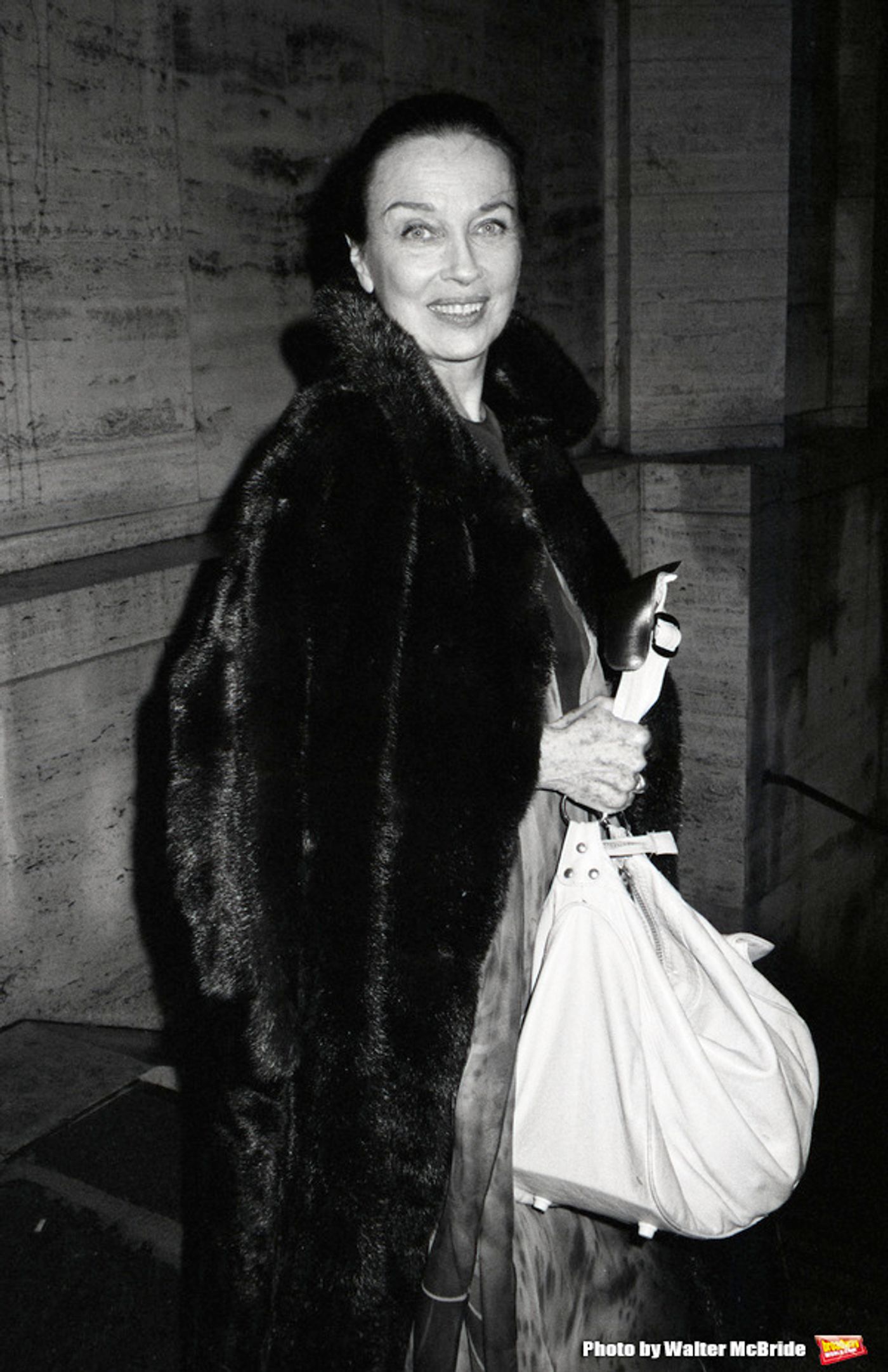
Patricia Morrison leaving Lincoln Center on March 1,1982 in New York City.
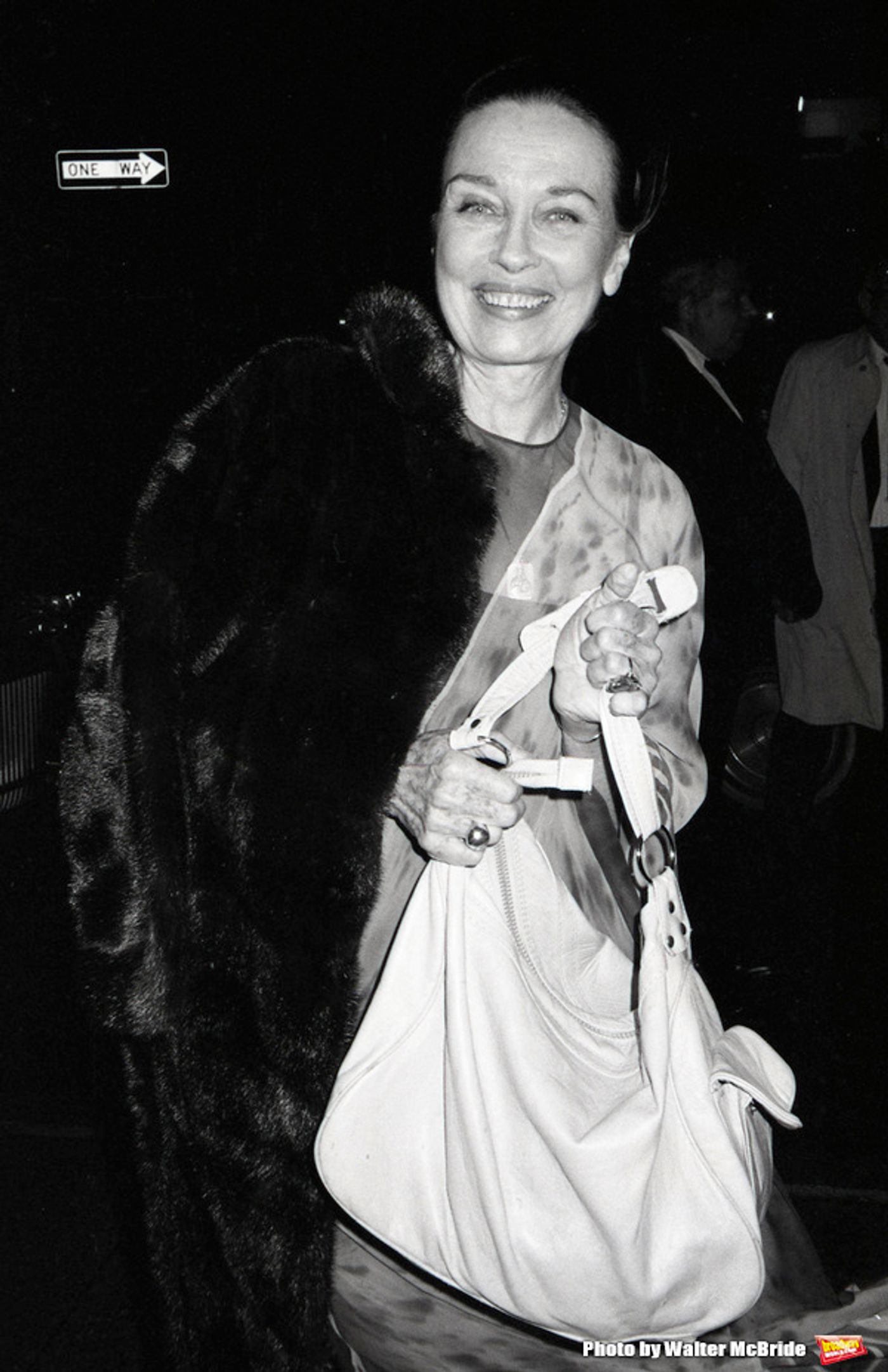
Patricia Morrison leaving Lincoln Center on March 1,1982 in New York City.
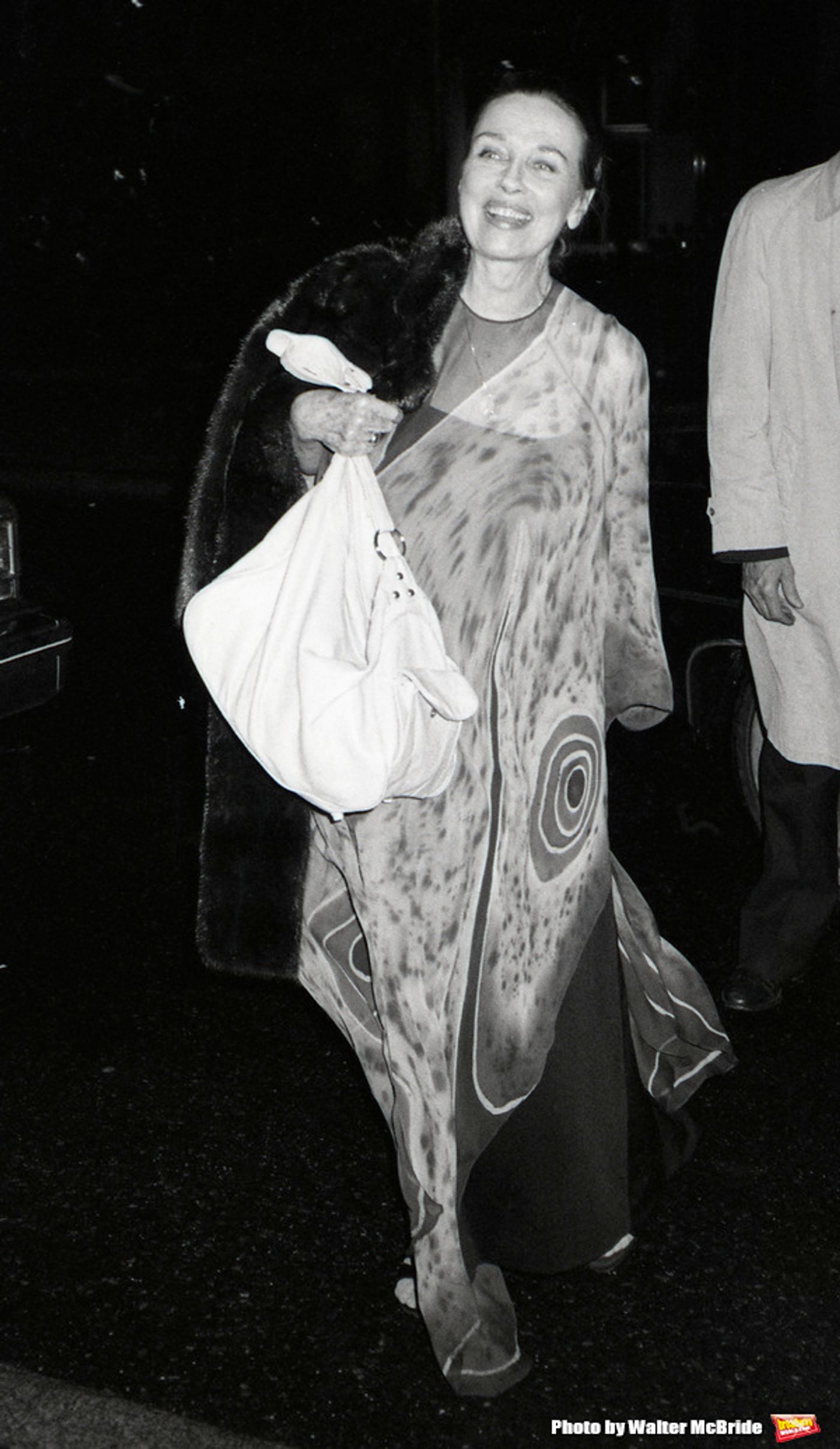
Patricia Morrison leaving Lincoln Center on March 1,1982 in New York City.
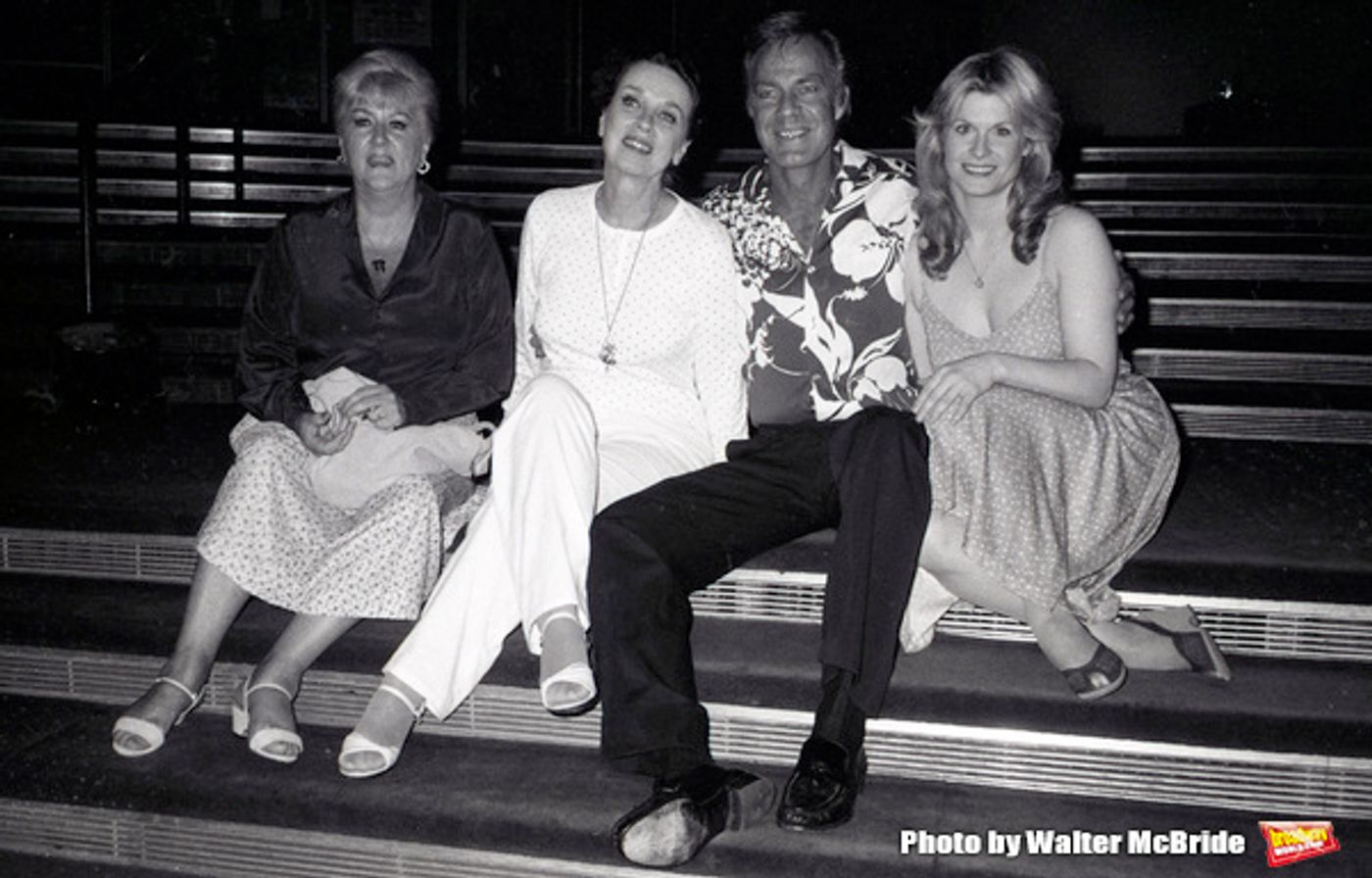
Margaret Whiting, Patricia Morrison and Candice Earley performing in 'Gigi', with the Kenley Players on June 30, 1982 in Dayton Ohio.
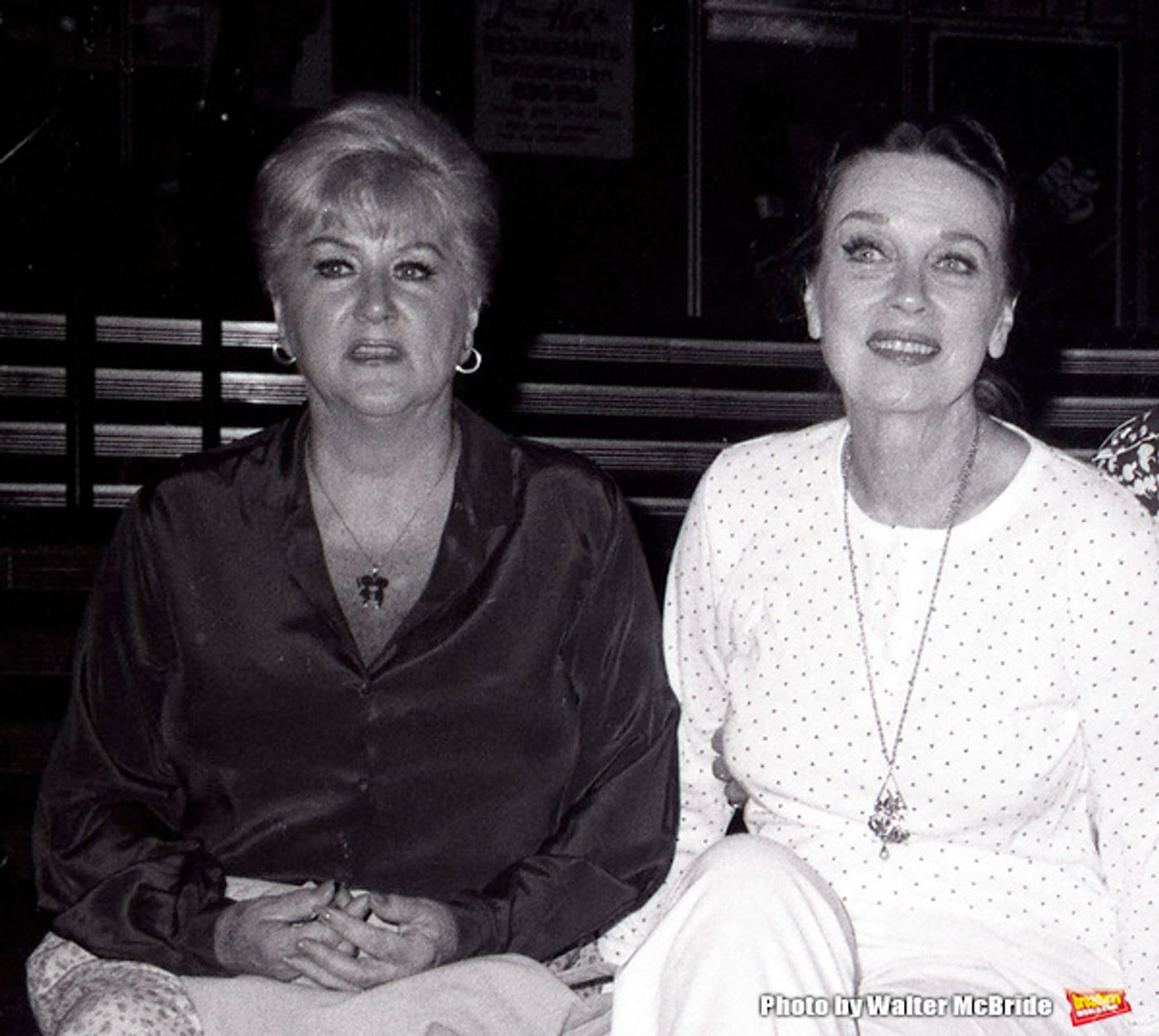
Margaret Whiting and Patricia Morrison performing in 'Gigi', with the Kenley Players on June 30, 1982 in Dayton Ohio.
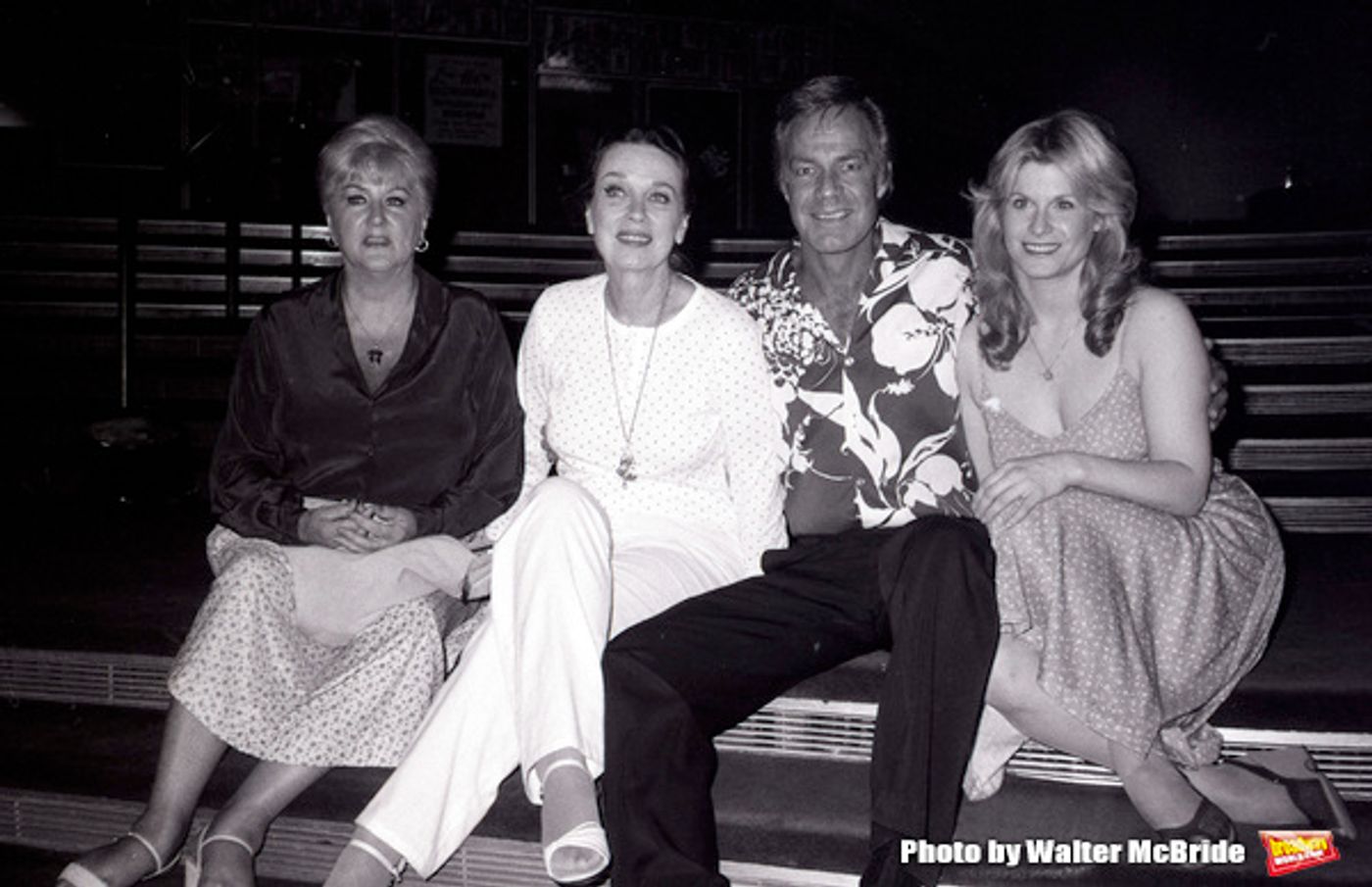
Margaret Whiting, Patricia Morrison and Candice Earley performing in 'Gigi', with the Kenley Players on June 30, 1982 in Dayton Ohio.
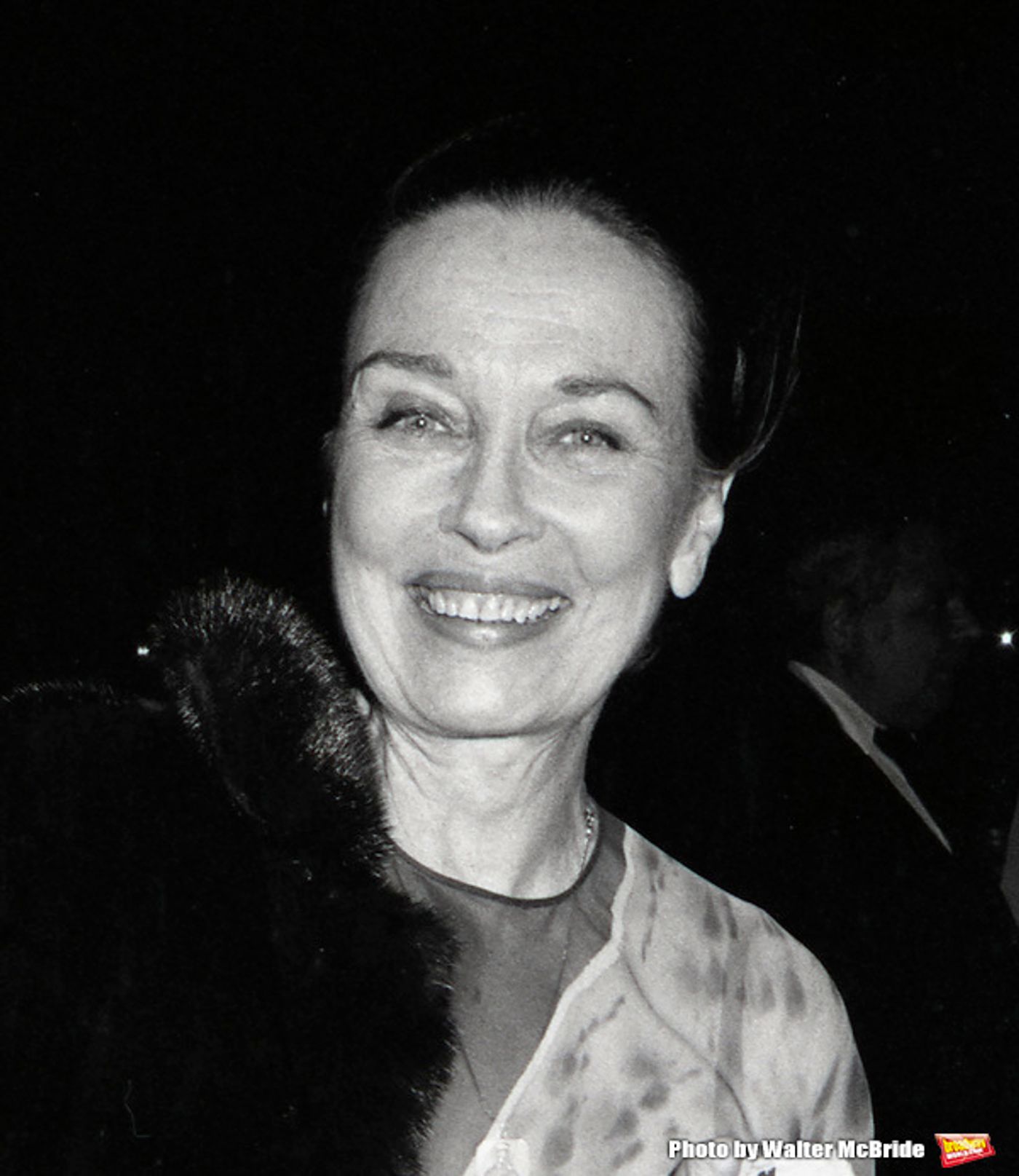
Patricia Morrison leaving Lincoln Center on March 1,1982 in New York City.
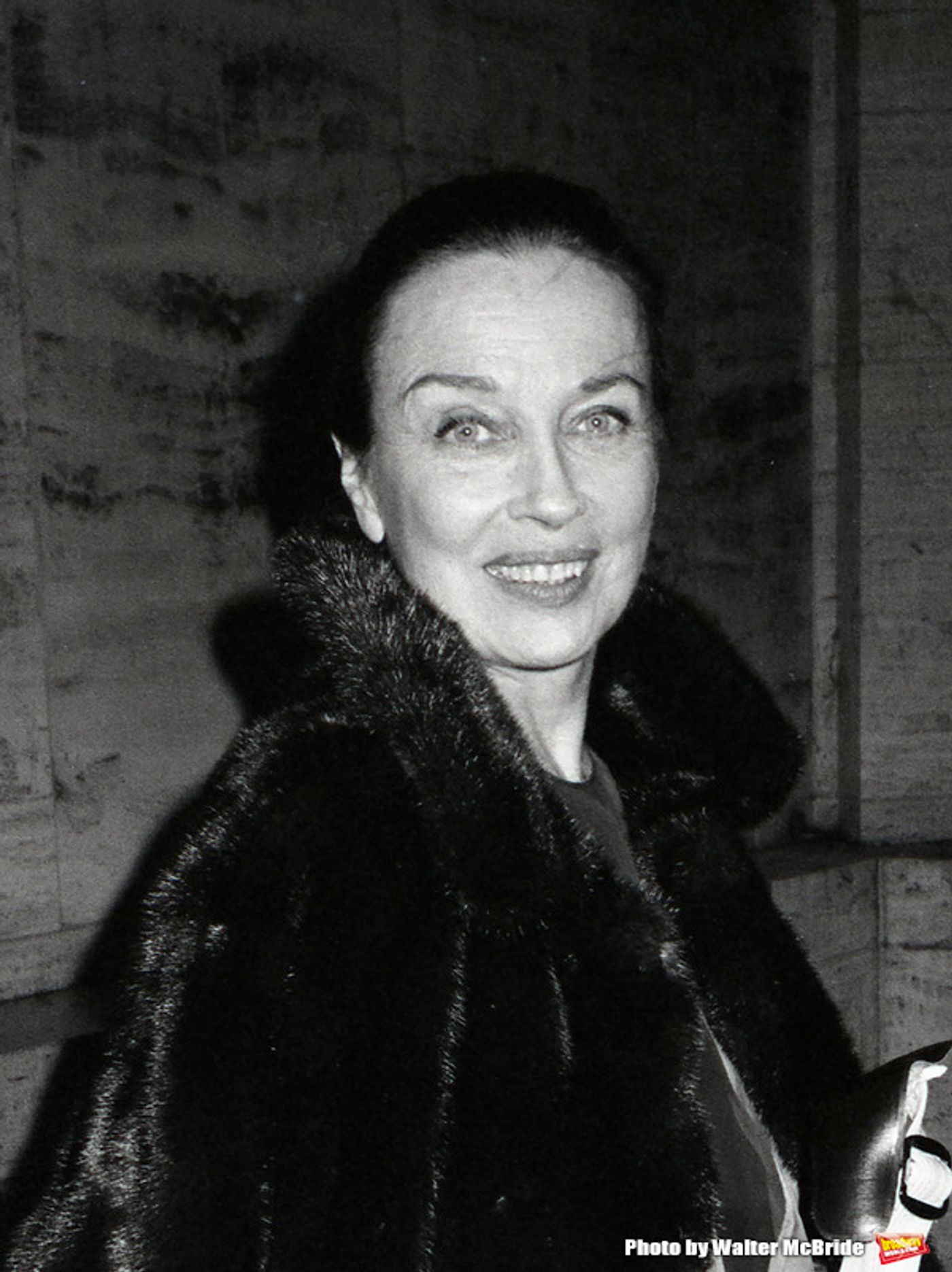
Patricia Morrison leaving Lincoln Center on March 1,1982 in New York City.









